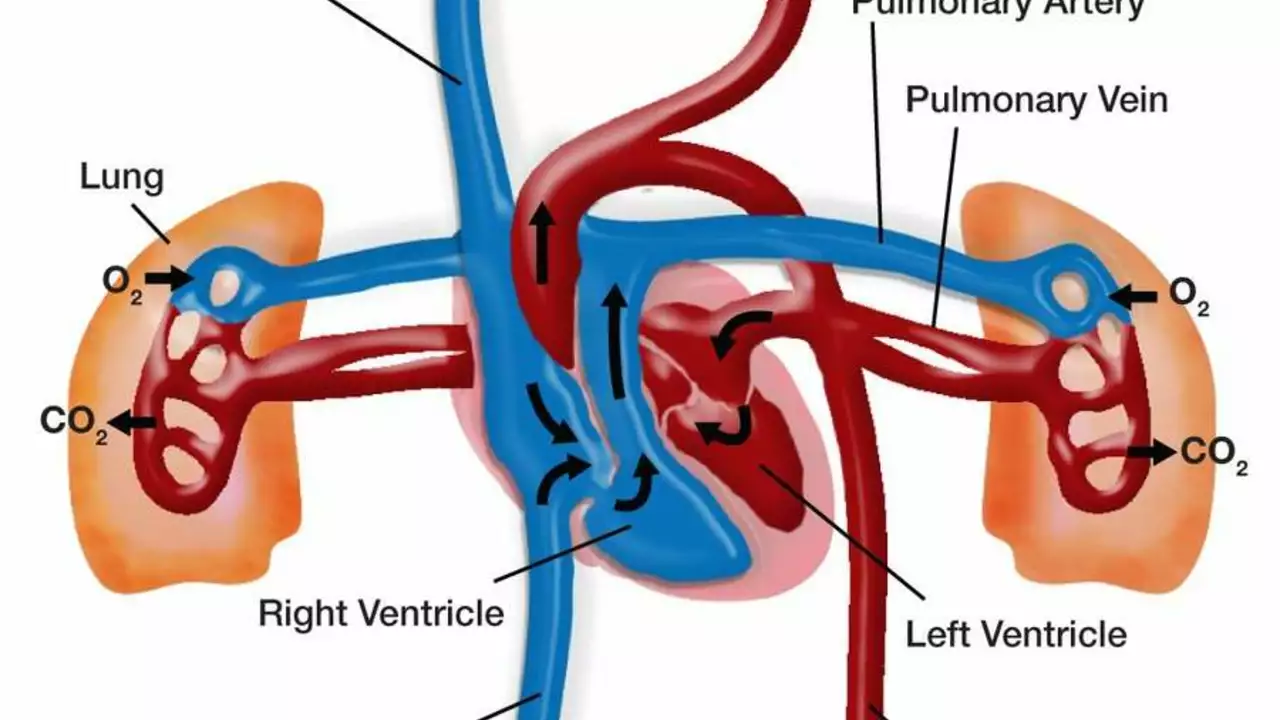Nitroglycerin: What it Does and When to Use It
Ever had chest tightness and wondered what the emergency med EMTs use actually does? Nitroglycerin is a nitrate medication that relaxes blood vessels so blood can flow easier to the heart. That reduces chest pain from angina and can help in some heart-related emergencies. It's fast-acting in tablet or spray form and comes as patches, ointment, and IV for hospital use.
How to use nitroglycerin: practical steps
For sudden angina, the usual plan is simple: sit down, place one sublingual tablet under your tongue or spray once under the tongue, and wait. If pain continues after 5 minutes, you can take a second dose. If there’s still pain after a total of three doses (three times, five minutes apart), call emergency services right away. Never swallow sublingual tablets — they must dissolve under the tongue.
Sublingual tablets commonly come in 0.3–0.6 mg strengths; sprays often deliver around 0.4 mg per spray. Patches and ointments release drug slowly for longer control; your doctor will tell you when those are appropriate. For IV use, clinicians titrate the dose in the hospital based on blood pressure and symptoms.
Safety, side effects, and things to avoid
Common side effects are strong headache, flushing, lightheadedness, and low blood pressure. These can be intense at first but often get better over time. If you feel faint, lie down and raise your legs.
One critical rule: never use nitroglycerin with erectile dysfunction drugs like sildenafil (Viagra), tadalafil (Cialis), or vardenafil. Combining them can cause a dangerous drop in blood pressure. Wait at least 24 hours after sildenafil and 48 hours after tadalafil before using nitrates — and only do this after checking with your doctor. Also avoid combining nitrates with riociguat.
People with very low blood pressure, severe anemia, or certain heart conditions should avoid nitrates or use them only under close supervision. Tell your healthcare provider about all meds you take, including herbal supplements.
Tolerance can develop if you use nitrates continuously. Doctors often prescribe a daily nitrate-free interval (commonly 10–12 hours) to reduce tolerance and keep the medicine effective. Store sublingual tablets in their original light-proof bottle and replace them if they get old — many tablets lose potency within months after opening.
If chest pain is new, different, very severe, or comes with sweating, shortness of breath, fainting, or nausea, call emergency services immediately. Nitroglycerin can relieve angina but should never delay getting urgent medical help when a heart attack is possible. Talk with your doctor to get a personalized plan and clear instructions on doses, storage, and when to seek care.
In my latest blog post, I've explored how nitroglycerin plays a vital role in regulating blood pressure and circulation. This powerful medicine works by dilating the blood vessels, which eases the heart's work and improves blood flow. It's particularly effective in treating angina, a condition characterized by chest pain due to decreased blood flow to the heart. However, nitroglycerin must be used under medical supervision as its misuse can lead to severe side effects. Overall, this marvel of modern medicine is a crucial tool in maintaining heart health and managing circulatory issues.

